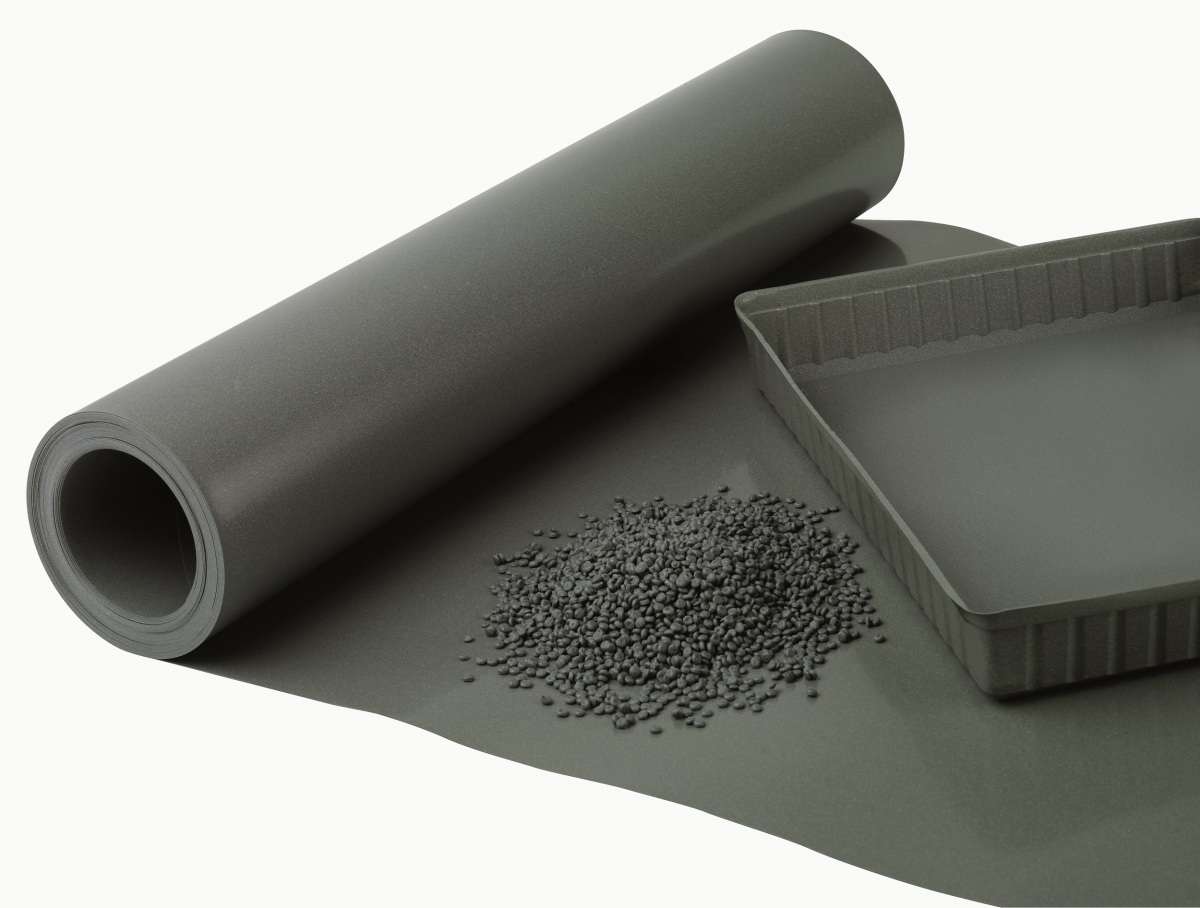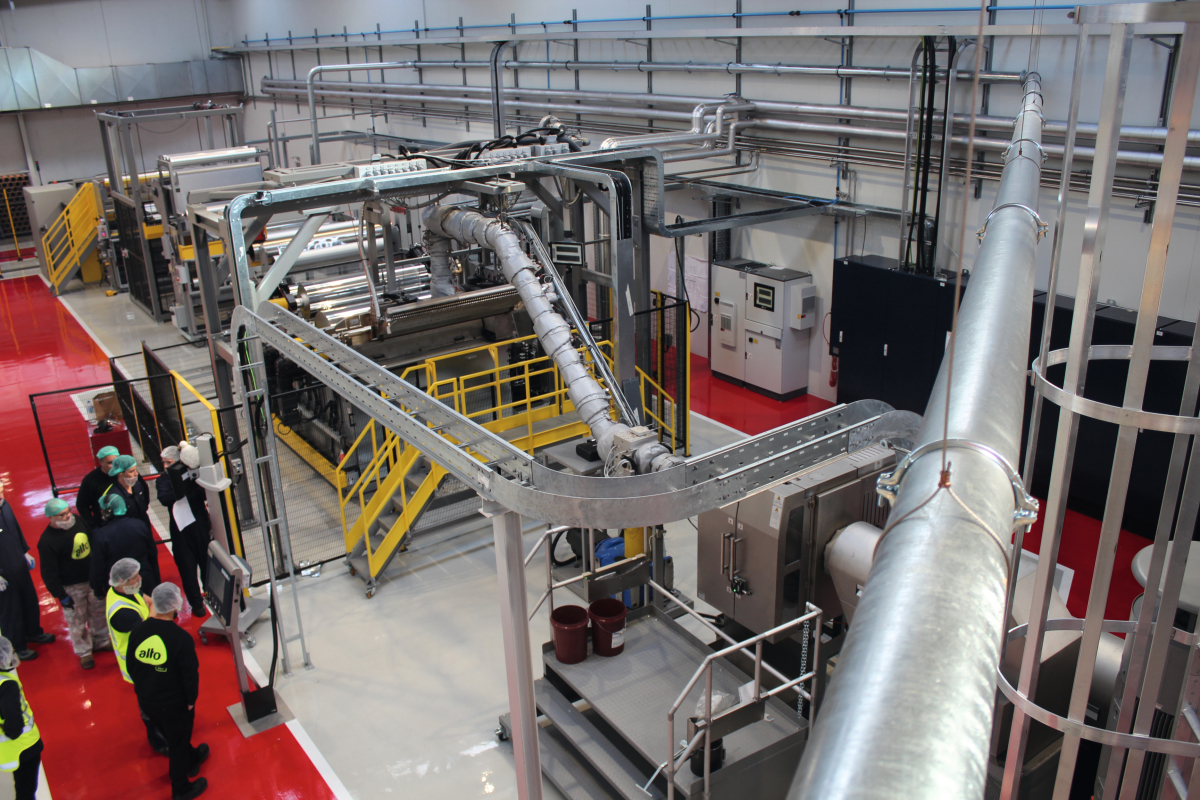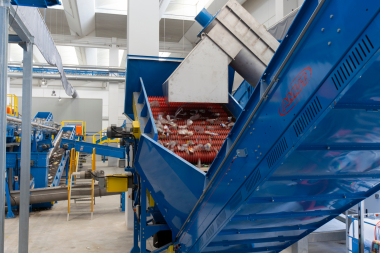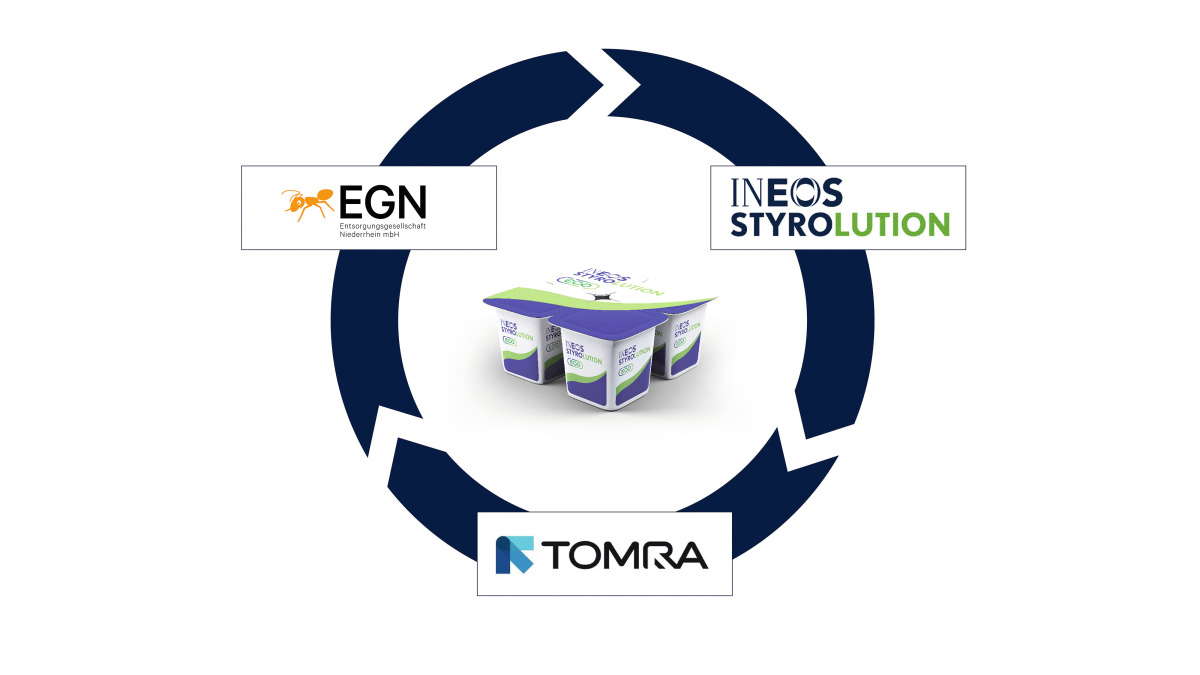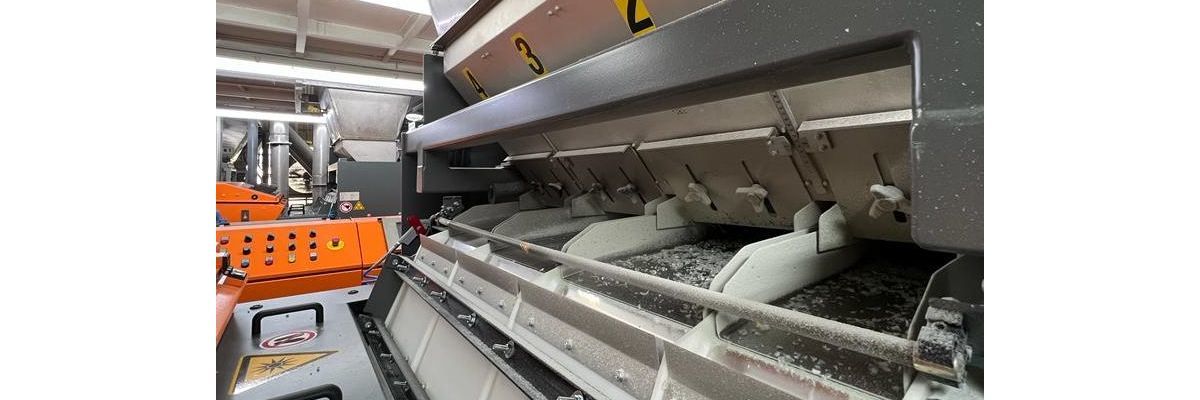AMUT: Recovery of food packaging waste
04.07.2018
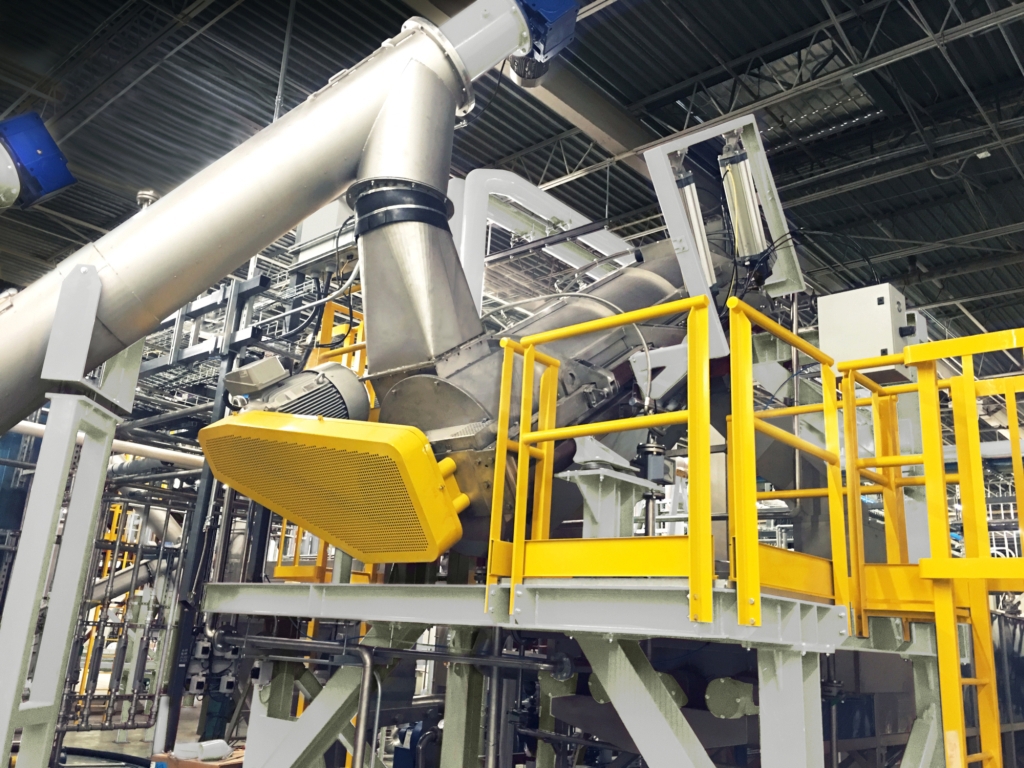 AMUT has carried out both technology for POAL treatment and washing and the extrusion line to turn the final material into pellets
AMUT has carried out both technology for POAL treatment and washing and the extrusion line to turn the final material into pellets
Source: AMUT
In September 2018 a new facility for POAL recycling will be in operation to produce Ecoallene. POAL is a polyethylene + aluminium polycomposite recovered from food packaging (commonly known as TetraPak, the name of the company that patented it). Ecoallene is a new green material whose main feature is to be ever recyclable. It is also easy to colour and contains some aluminium particles that make it slightly glittered. The main application fields are: automotive, building, giftware and general tools.
Ecoallene is an Italian patent and Ecoplasteam is the company entitled to use its licenses. AMUT, involved since the 1980s in the engineering and manufacturing of technologies to process and recovery plastic materials, has fully developed this pioneering project together with the Italian start-up Ecoplasteam. Ecoplasteam can thus recycle 7000 tons of waste coming from this particular packaging disposal, mainly from the polycomposite part – up to now only cellulose can be recovered.
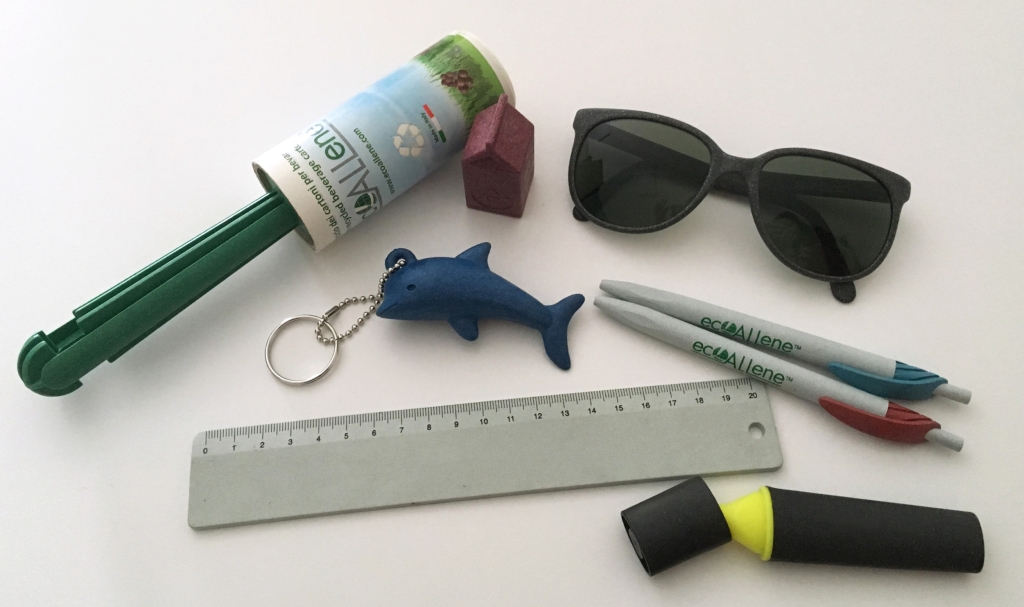 Ecoallene becomes a raw material to be extruded or injection moulded like a standard polymer. It can be coloured and additivated for different applications
Ecoallene becomes a raw material to be extruded or injection moulded like a standard polymer. It can be coloured and additivated for different applications
Source: AMUT
AMUT has carried out both technology for POAL treatment and washing and the extrusion line to turn the final material into pellets. The two companies have been able to sort out the complex issue of disposing most of this material waste: a process that has always caused problems and high management costs to landfills and incinerators. With this new plant branded AMUT, also this fraction of material, usually not recovered, will be transferred to Ecoplasteam facility to become Ecoallene after a proper treatment.
Functioning of the plant:
The input material, in form of commingled bales, comes from the paper mill after undergoing to a process for TetraPak cellulose recovery. The material is processed and treated through progressive phases and washed with a series of equipment in order to reduce the presence of paper fibers. Once the material is clean, it is mixed by a gravimetric dosing system, filtrated, granulated by the extrusion line and finally put in big bags.

